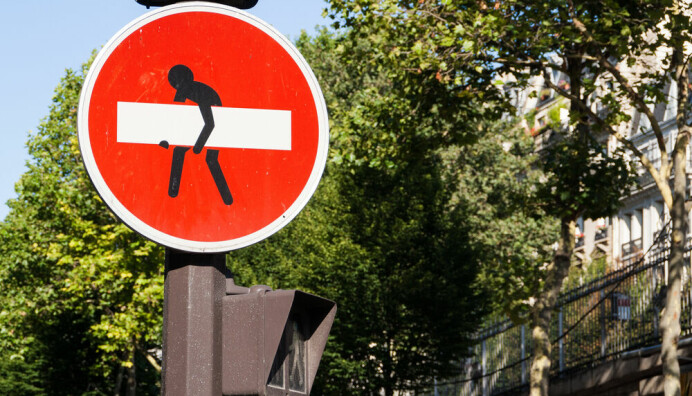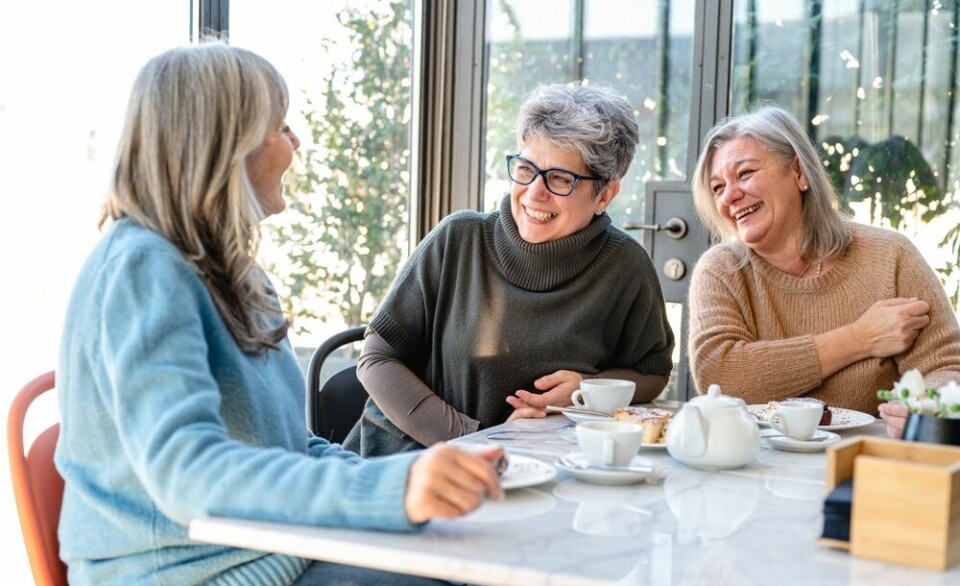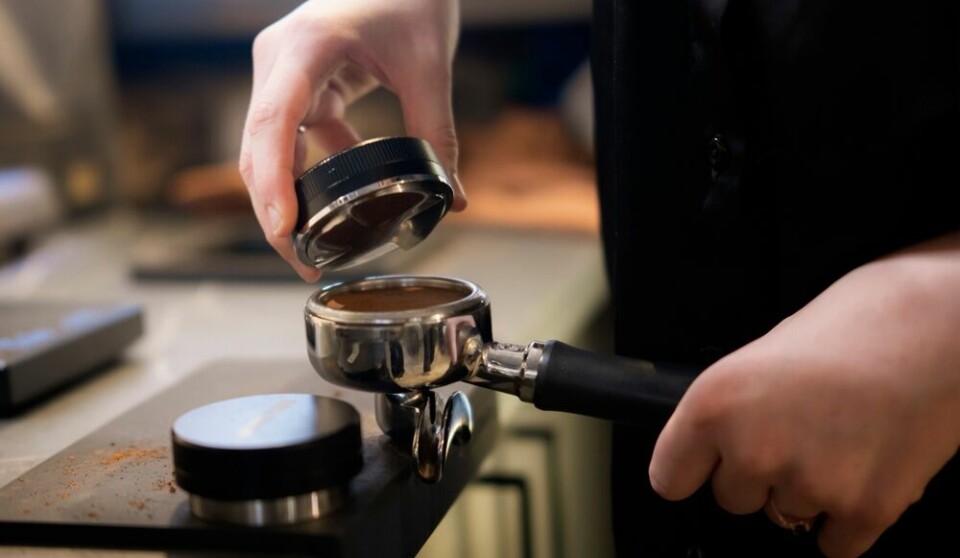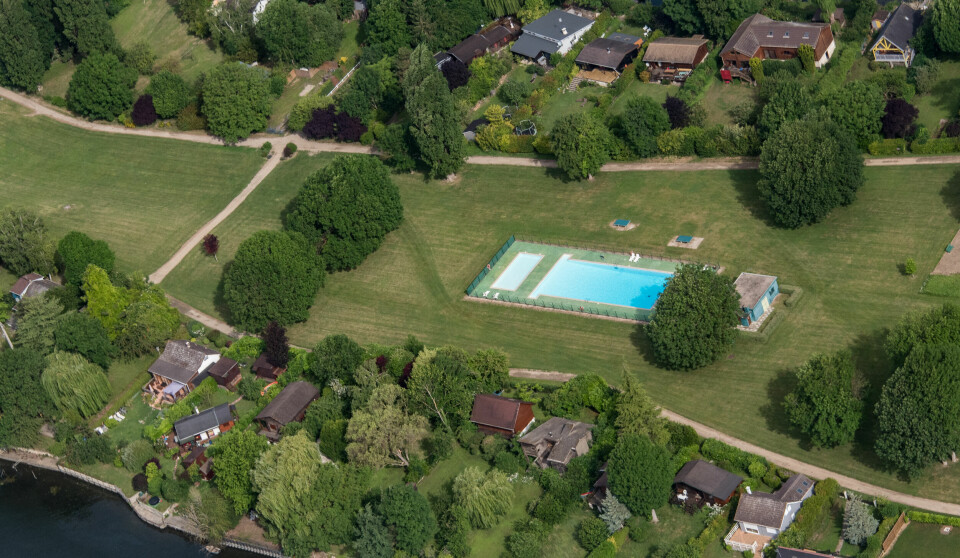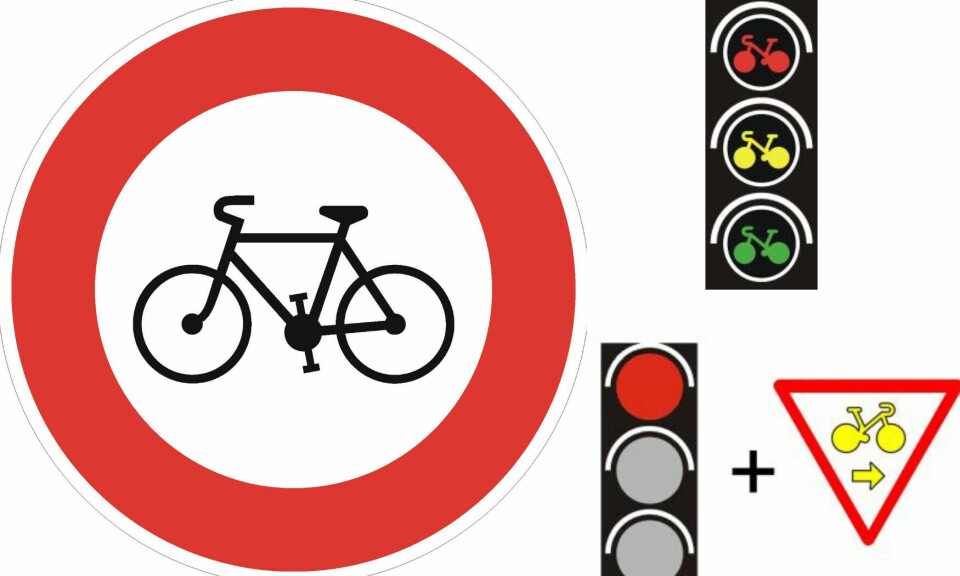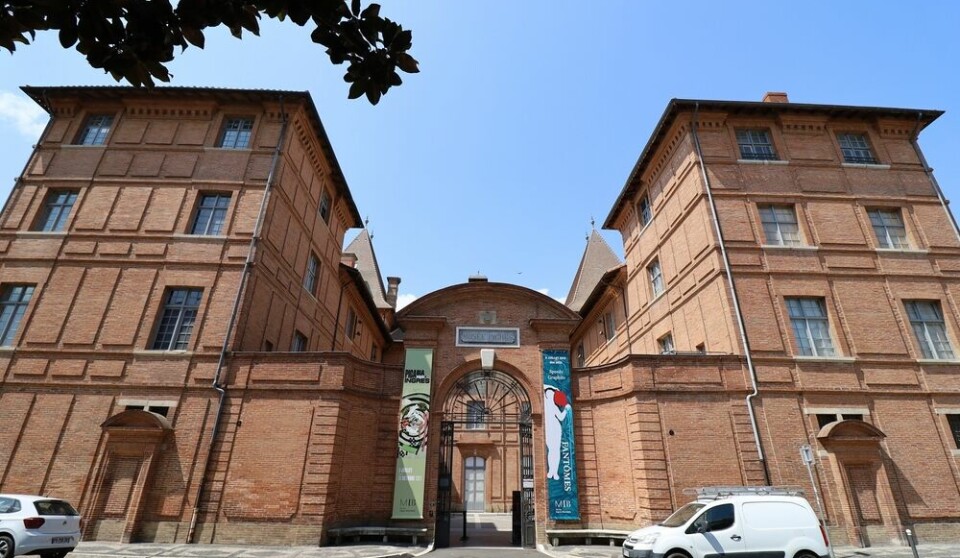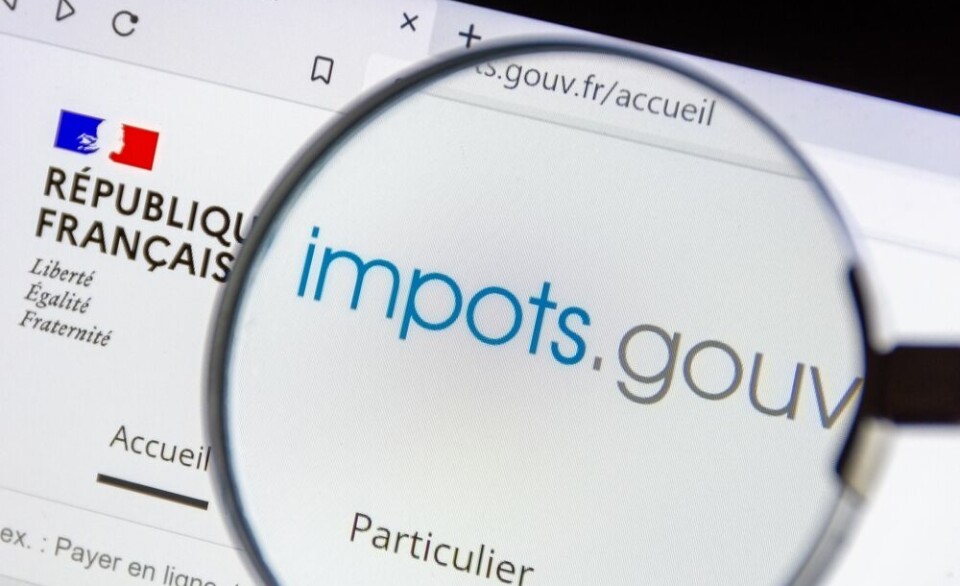-
Tax questions, boiler grants, May changes: 5 French practical updates
Our round-up of practical articles you may have missed
-
Fee to visit Mont-Saint-Michel rejected for other ways to ease crowds
‘People forget that it’s a commune; it’s a village. We can’t just introduce limits and stop citizens from coming and going,’ says the director
-
Stay alert: French tax officials show examples of tax fraud emails
Familiarising yourself with scam emails is one way of avoiding falling victim
French woman, 38, dies from blood clot 14 days after Covid vaccination
No link has been proven between the death of the social worker who had no known health problems and the AstraZeneca vaccine she received
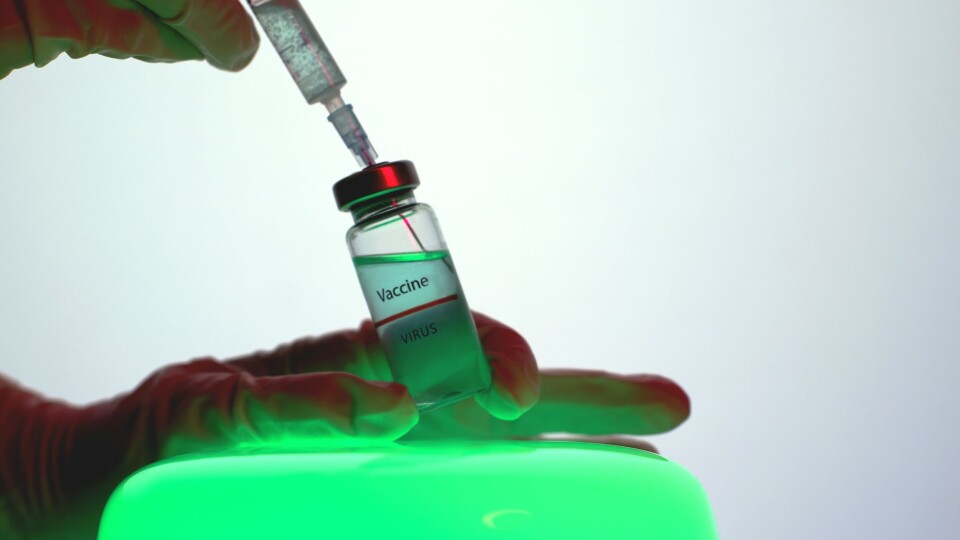
A 38-year-old woman has died from thrombosis 14 days after receiving the AstraZeneca vaccine from her GP, a hospital in Toulouse has confirmed.
No link between the vaccination and her death has been proven.
The woman – a social worker in an institute for mentally-disabled children who did not suffer from any known health problems – was given one dose of the AstraZeneca vaccine just before it was briefly suspended in France mid-March.
She started experiencing health issues, including strong headaches, two days after receiving the vaccine.
One week later, she found she was unable to move the left side of her body and was admitted to Purpan Hospital where she was found to have developed a blood clot and was put into a medically-induced coma.
Medicine regulator says blood clots are ‘rare occurrence’
On March 26 French medicine regulator ANSM said there was a risk of blood clots forming after getting the vaccine but this was a “very rare” occurrence.
In a second statement on March 29 ANSM said: “The balance of risks to benefits of the vaccine is still positive.”
It reached this conclusion using data from March 12-18 during which 16 new incidences of thrombosis were identified.
Of these, “nine cases were declared of blood clots in major veins, that were unusually located in the brain and digestive system and were associated with abnormally low platelets in the blood or coagulation difficulties.”
Two of these resulted in deaths, including a 24-year-old medical student in Nantes.
Vaccine no longer used for under 55s in France
This comes after the AstraZeneca vaccine was suspended in some European countries on March 15 over fears it could cause blood clots.
France lifted the suspension on March 19, following a statement from the European Medicines Agency (EMA) that said the vaccine was “safe and effective”.
The EMA found that the AstraZeneca vaccine did not cause an increase in the overall risk of developing blood clots, but that a “possible link between two very rare forms of blood clots (disseminated intravascular coagulation and cerebral venous sinus thrombosis) associated with platelet deficiency could not be ruled out”.
In France, the Haute Autorité de Santé recommended that the vaccine only be used for people aged 55 and over as the most serious cases of blood clots had been found in people younger than this.
The AstraZeneca vaccine has recently received approval from the EMA to change its name.
From now on the name Vaxzevria will appear on boxes containing the vaccine.
This is not unusual as medicines are often distributed under numerous names including names used by researchers, names given by the World Health Organisation and brand names which can differ from country to country.
The chemical name of the vaccine, ChAdOx1 nCoV-19, will stay the same.
Related stories
Court to decide if France should stop lockdown for vaccinated people
Johnson & Johnson to deliver one-dose Covid vaccine to EU on April 19






